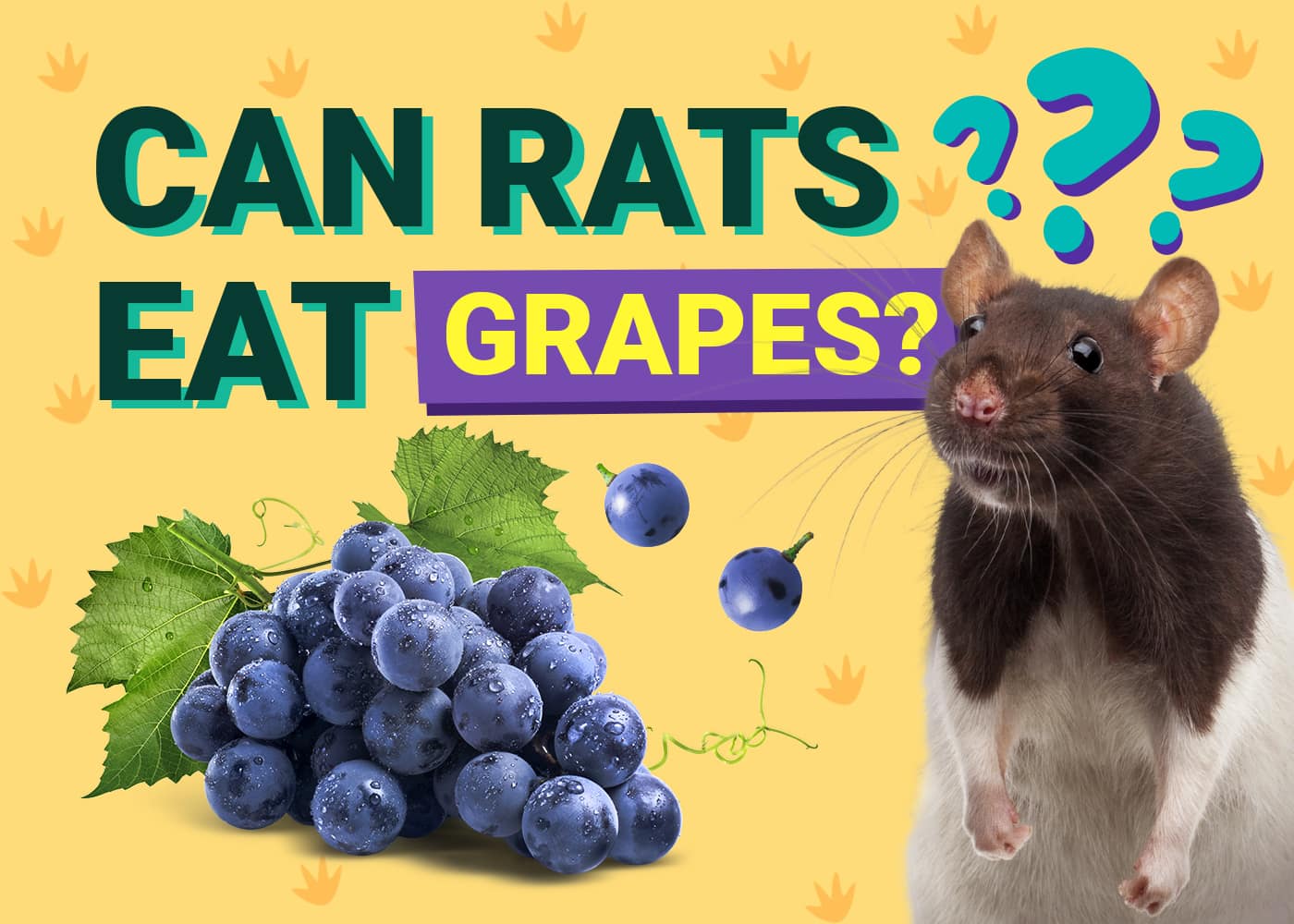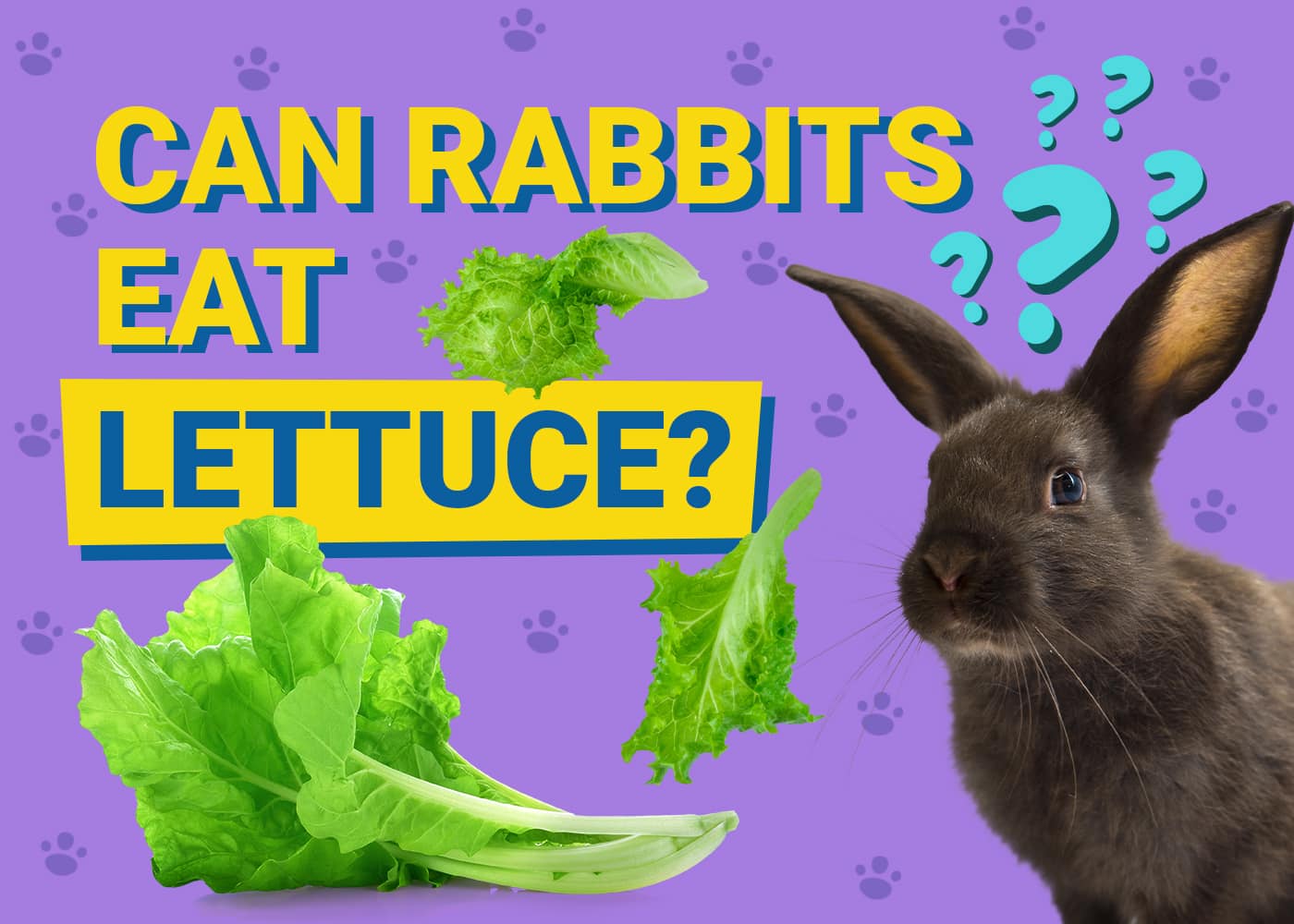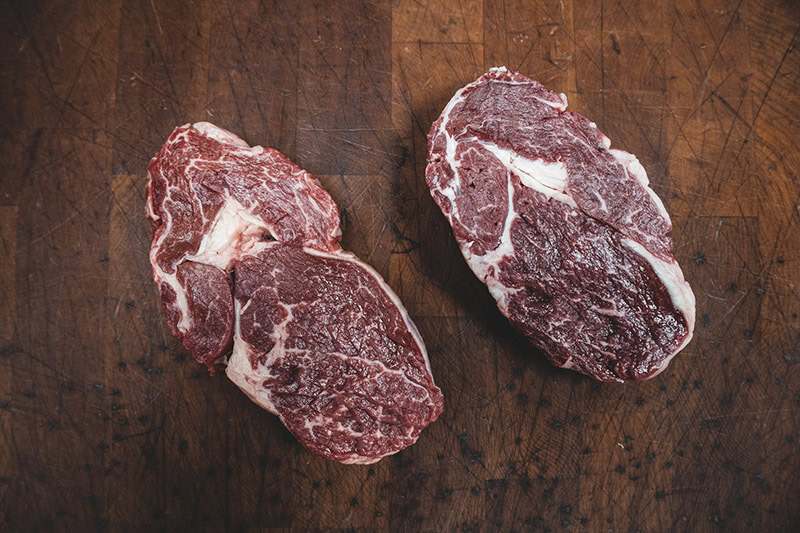VET APPROVED

The information is current and up-to-date in accordance with the latest veterinarian research.
Learn more »Click to Skip Ahead
As all rat owners know, our beloved little rodents are quite the piggies. They will take any opportunity to stash a snack and then eat each item in order of their favorites.
If you’re making a mental list of rat-safe fruits, you might wonder if rats can eat grapes. And the answer is research seems to indicate that it’s best to play it safe and not offer your pet rat grapes. Interestingly, this is one food that isn’t very black and white in terms of its safety analysis. Let’s explore grapes in more detail.

Are Grapes Safe For Rats?
Grapes are very interesting from a safety point of view regarding our pets. Grapes are part of the genus Vitis, which includes all grapevines. All fruits in this genus are considered toxic for pets such as dogs and cats. Grapes are also toxic to mice.This would make it seem like they’re not safe for rats, either. However, the consensus on their safety with regard to pet rats is inconclusive.
Experiments involving rats and grape extracts seem to indicate that, at some point, too many grapes may be detrimental for rats However, in controlled experiments, they’ve shown to be possibly beneficial in scenarios involving some medications but harmful in others.
Essentially, there is too much that’s not known about their safety, but there is evidence that they may, at times, be detrimental to your pet’s health. This, coupled with the fact that they’ve proven to be toxic for other pets (including the somewhat closely related mouse), tends to favor the opinion that it’s best if they’re not included in a rat’s diet.
The opinion that grape extracts should be excluded from a rat’s diet is further reinforced by the fact that even experiments where grape extracts showed promising results used lab rats (raised for different purposes) and very specific concentrations of the extracts. Such extracts and concentrations wouldn’t be possible to replicate in a pet’s diet.
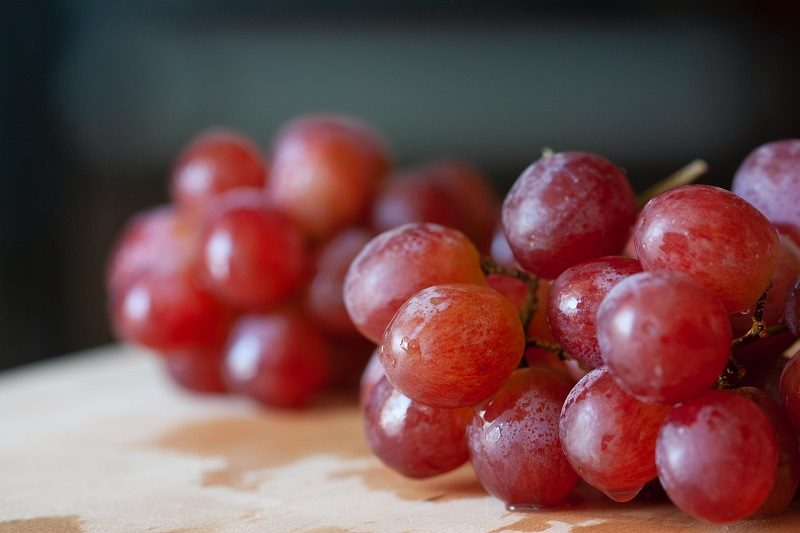
Grapes for Rats: Other Concerns
Fruit is full of natural sugar, which is just fine in moderation. However, if you feed them too much, it can cause other health issues—especially obesity. Also, grapes are watery and acidic, making too many a potential trigger for diarrhea.
Natural Rat Diet
Rats are naturally omnivorous creatures and mostly scavenge to find food in the wild. But as pets, they eat a solid diet of commercial rodent pellets that have all the necessary nutrients. Since rats can pick and choose what they like, they can quickly become unhealthy when given options. This mandates keeping the majority of their diet as pellets.
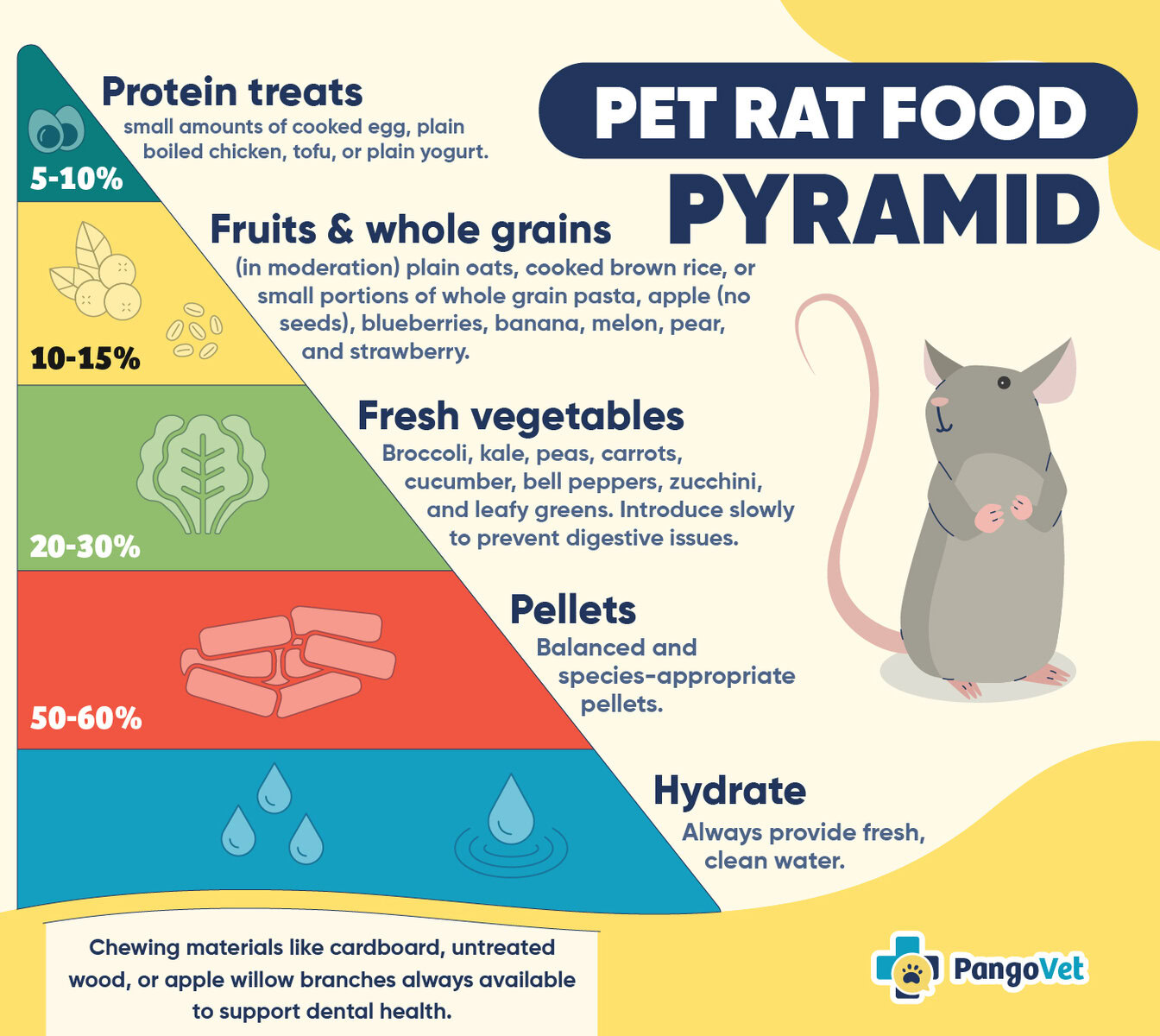
Additional Snacks to Consider
Rats are super versatile eaters, so you can give them a large variety of foods to cover many nutritional bases. You can add other tasty snacks to their diet.
Here are some other rat-friendly menu items:
- Hard Boiled eggs
- Cooked lean meat (such as chicken)
- Carrots
- Apples (no seeds)
- Corn
- Sweet potato
- Cooked or uncooked pasta
- Watermelon
- Sweet peppers
- Strawberries
Keep in mind that obesity is a considerable concern for pet rats specifically, and whenever possible, additional foods given to them should be biased toward fiber. However, the foods in the list above are safe for them.

Final Thoughts
Grapes are not something that you should be adding to your rat’s diet. Remember that even though your rats may love them, it doesn’t mean that grapes are safe for them.
If you’re in doubt, it’s best to discuss your pet rat’s diet with your veterinarian. Remember that depending on their health and reproductive status, they may have different nutritional requirements for optimal health. As such, considering your veterinarian’s input on the matter is warranted.
Related Reads:
